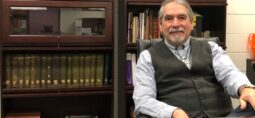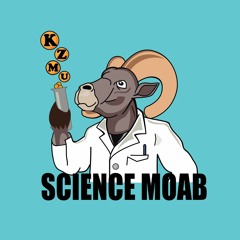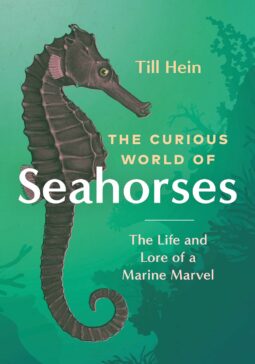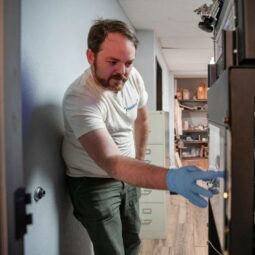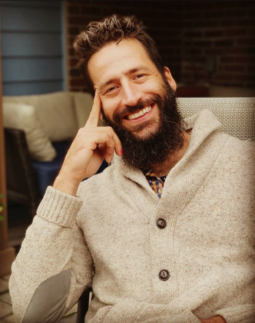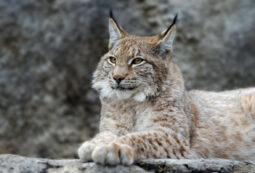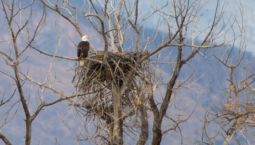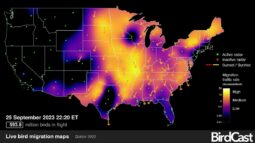
Gold Lab Symposium on Science and Health. (starts 6:40) Boulder scientist and entrepreneur, Larry Gold, shares a sneak preview of this year’s Gold Lab Symposium at CU-Boulder Muenzinger Auditorium this Thursday and Friday. This year’s symposium focuses on Pain, Culture and Intelligence.
The symposium includes discussion of the paper, Organ aging signatures in the plasma proteome track health and disease
CU-Wizards (starts 1:00) and the upcoming show with CU-Boulder Nobel Prize Winner Eric Cornell
Scott Falci – Denver Neurosurgeon (starts 2:45) and the quest to solve suicidal pain in people who have been paralyzed. Falci will speak live at the Gold Lab Symposium.
Executive & Show Producer: Shelley Schlender
Additional Contributions: Joel Parker
Podcast: Play in new window | Download (Duration: 26:58 — 37.1MB)
Subscribe: RSS



